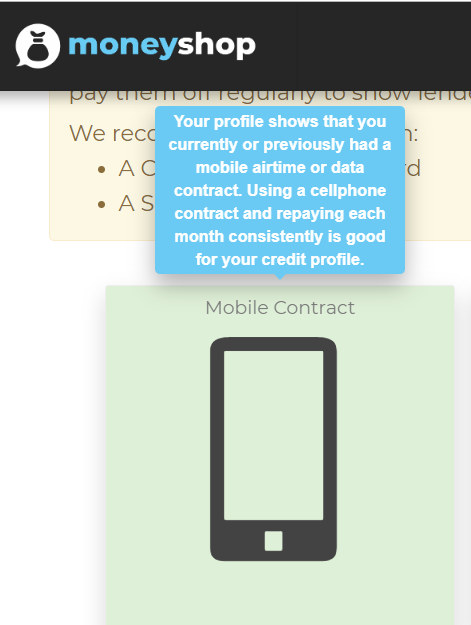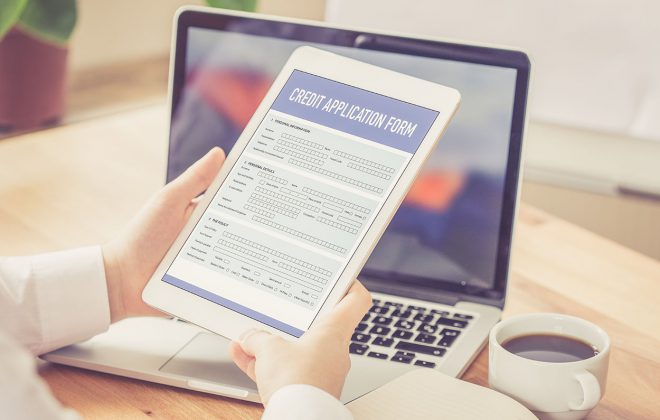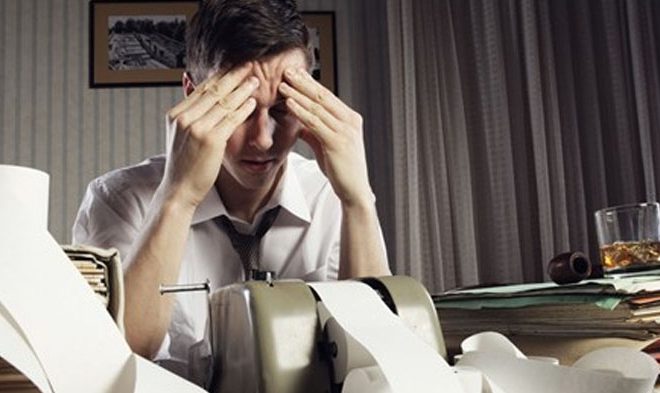Get your free credit report and understand what it means
Get a free credit report with MoneyShop today! You’ve probably heard about or seen the ads on TV positioning a credit report and why you should know what your credit score is. But what’s all the hype about?
Let’s first start off explaining what a credit report and a credit score are:
What is a credit report?
A credit report is simply a document that has information about your credit history, and it shows how you have managed your credit and debt in the past. Types of credit include home loans, car finance, personal loans, overdrafts, credit cards, cellphone contracts, store accounts etc.
Credit bureaus gather information about your credit history and then they organise all this info and compile your credit report. They get their information from banks, credit card companies, other lenders, mobile phone companies, utility companies or any providers you have entered into a credit agreement with, in the past.
What’s the big deal with these reports, you may ask?
Let’s say you want to take out a loan from one of the loan providers in SA. The loan provider will request to have a look at your credit report (they will need your permission to access this info and it is usually one of the steps in your loan application process) so that they can get an overview of your debt repayment behavior, whether you have skipped payments in the past, how often you have applied for credit in the past 24 months, whether you have too much debt and whether you have any judgements against you. All this info will help them decide whether they want to enter into a credit agreement with you and give you the loan.
Don’t panic, not all your personal information is contained in your credit report – lenders won’t have access to your bank account balance, they won’t know what you earn, whether you have a criminal record, or find out anything about your gender or race.
What is the 3-digit credit score & why is it so important?
Your credit score is a number that is determined by using your credit report. If your score is high (700 or above), it will be a huge advantage to you when applying for credit – it will show potential lenders that you are a low risk candidate for defaulting on your credit agreement.
If your score is low (less than 600) it could restrict your ability to get credit in the future.
Getting your credit report and checking your credit score today will help prevent any unexpected problems when you next apply for credit and help you make sure that the info being reported by the credit bureaus is correct. Your credit score is not fixed or permanent and you can improve it.
Get your FREE Credit Report directly from the Moneyshop site!
- Start here – It will only take a minute of your time. You will be asked for various bits of information: what your ID number is, what your cell numbers, what your email address is.
- Then the validation process will begin and you will be asked to confirm your details and include your name and surname this time, and you will be asked to confirm your address.
- Then a code will be sent to your cellphone and the report will be generated.
- The report will appear on the screen.
- You will be provided with your credit score and see whether you have a chance of being approved for credit.
- You will also be provided with an affordability assessment and this score (if below 25%) will also help you if you want to apply for credit in the future.
- Moneyshop will also give you some great suggestions and bits of info that could assist you with improving your credit score.

Things that can affect your credit score:
- The amount of times you apply for credit
- How long you have had your accounts for – how long have you had your cellphone contract with X company? How long you have had your credit card with your bank for?
- Missing a debit order or not paying your debt
- How much of your available credit limit you are currently using
- If there are any court judgments, administration orders or a sequestration against you
- If you have filed for bankruptcy before
- Not having an active credit agreement in place or a credit history – for example a cellphone contract, a home loan, car finance etc
How can you improve your credit score? Pay your bills on time, don’t miss debit orders, don’t use too much of the credit available to you on your credit card, don’t open too many new accounts, close unused accounts and don’t apply for credit too often.
Until next time.
The MoneyShop Team
MoneyShop





